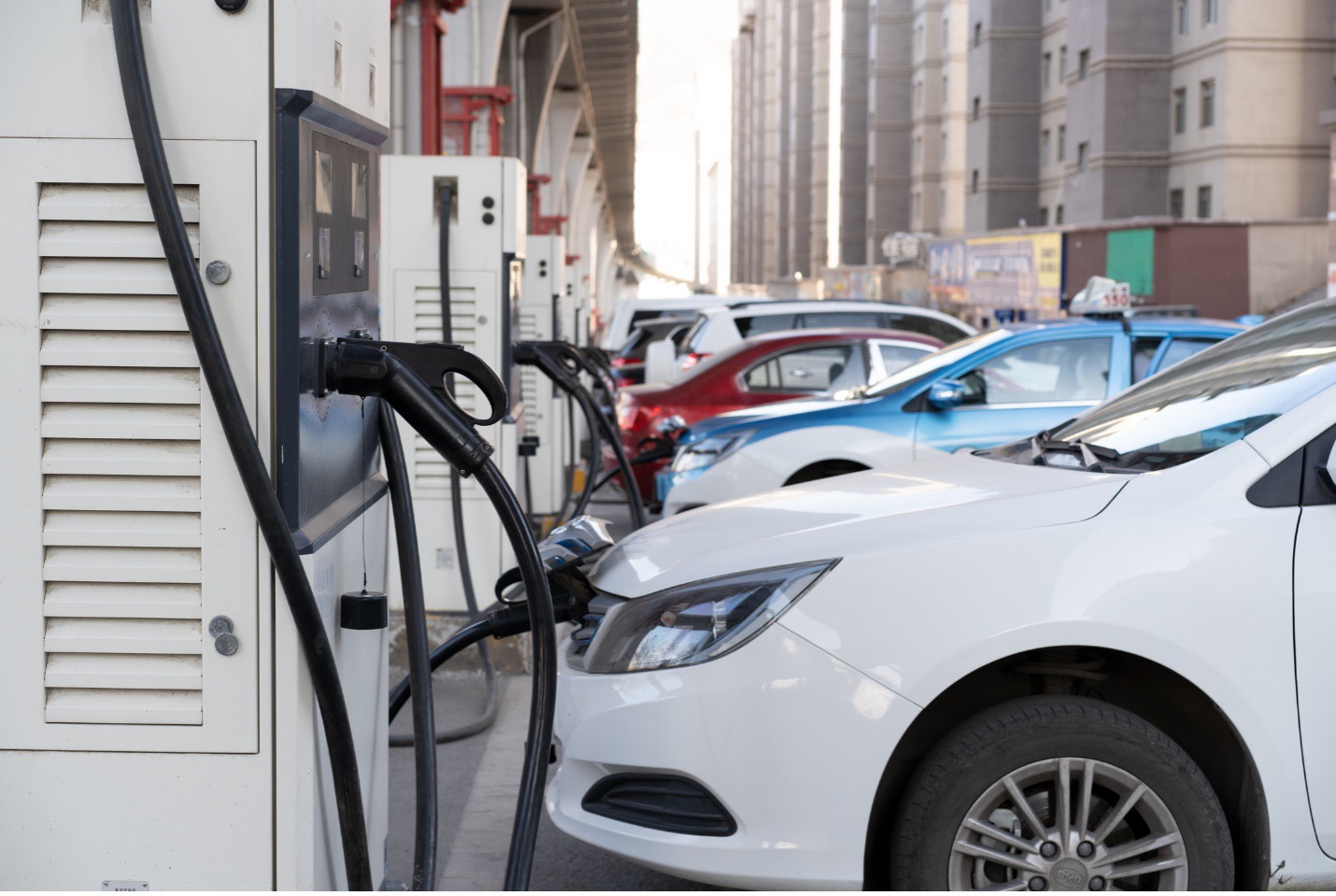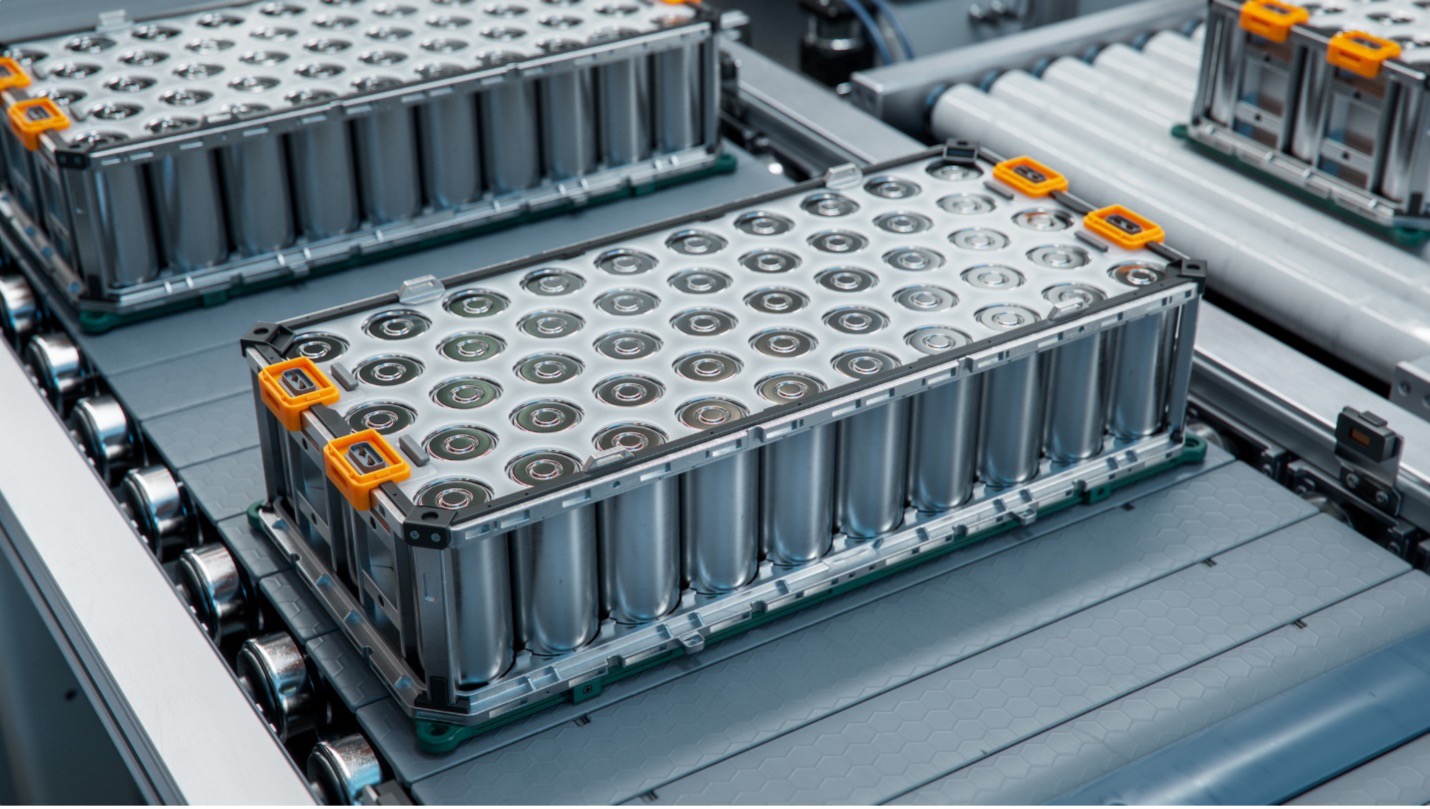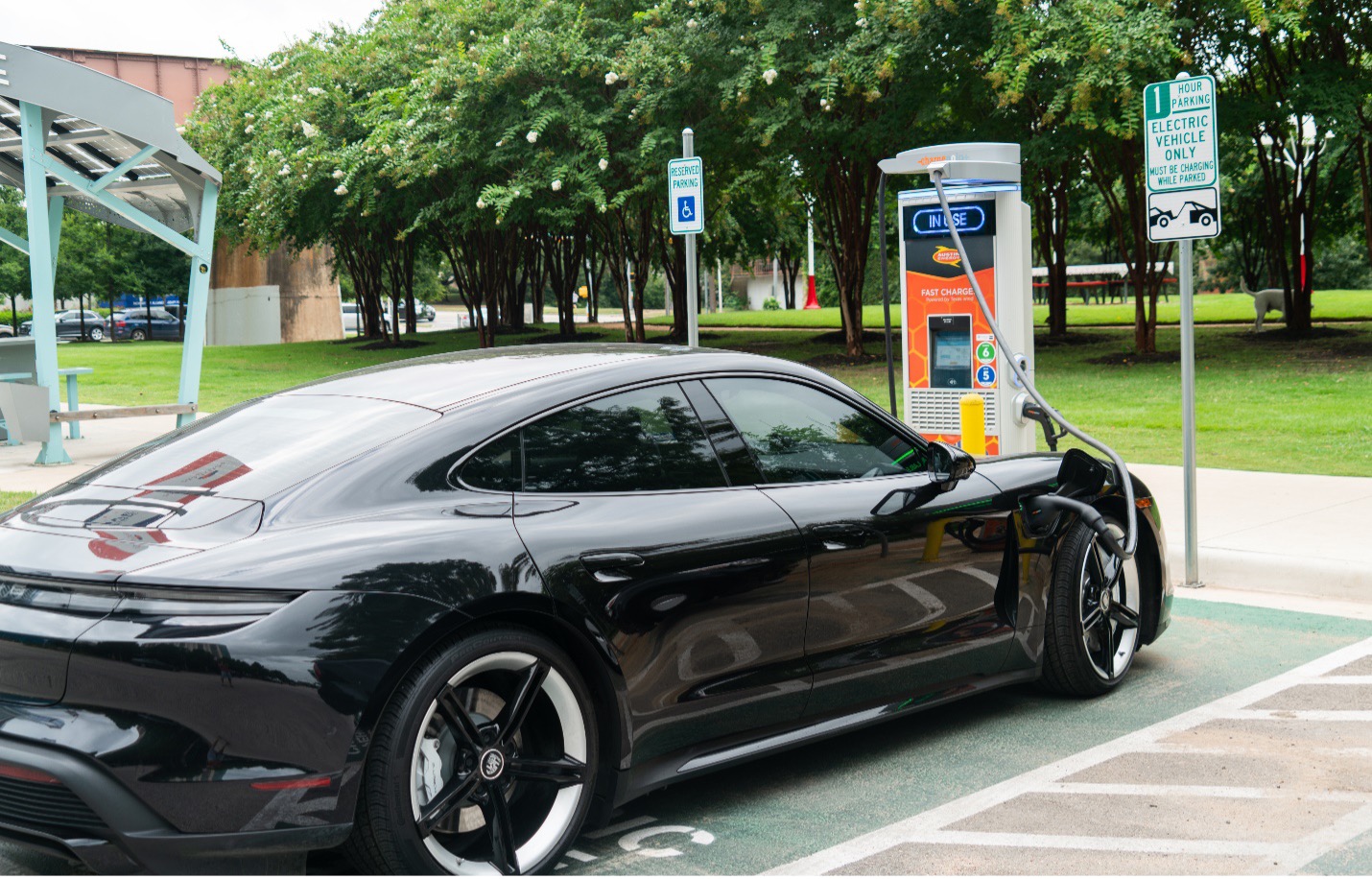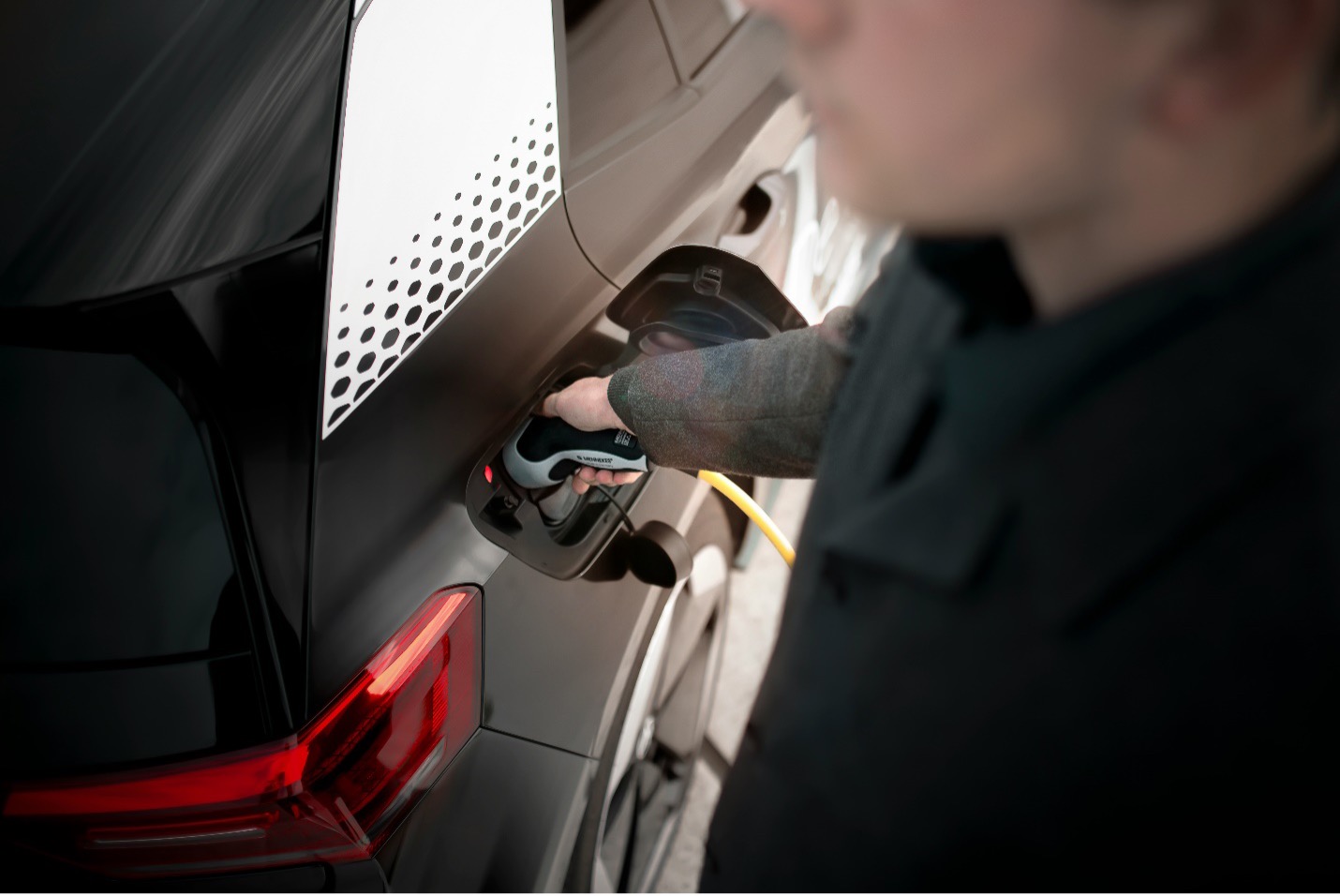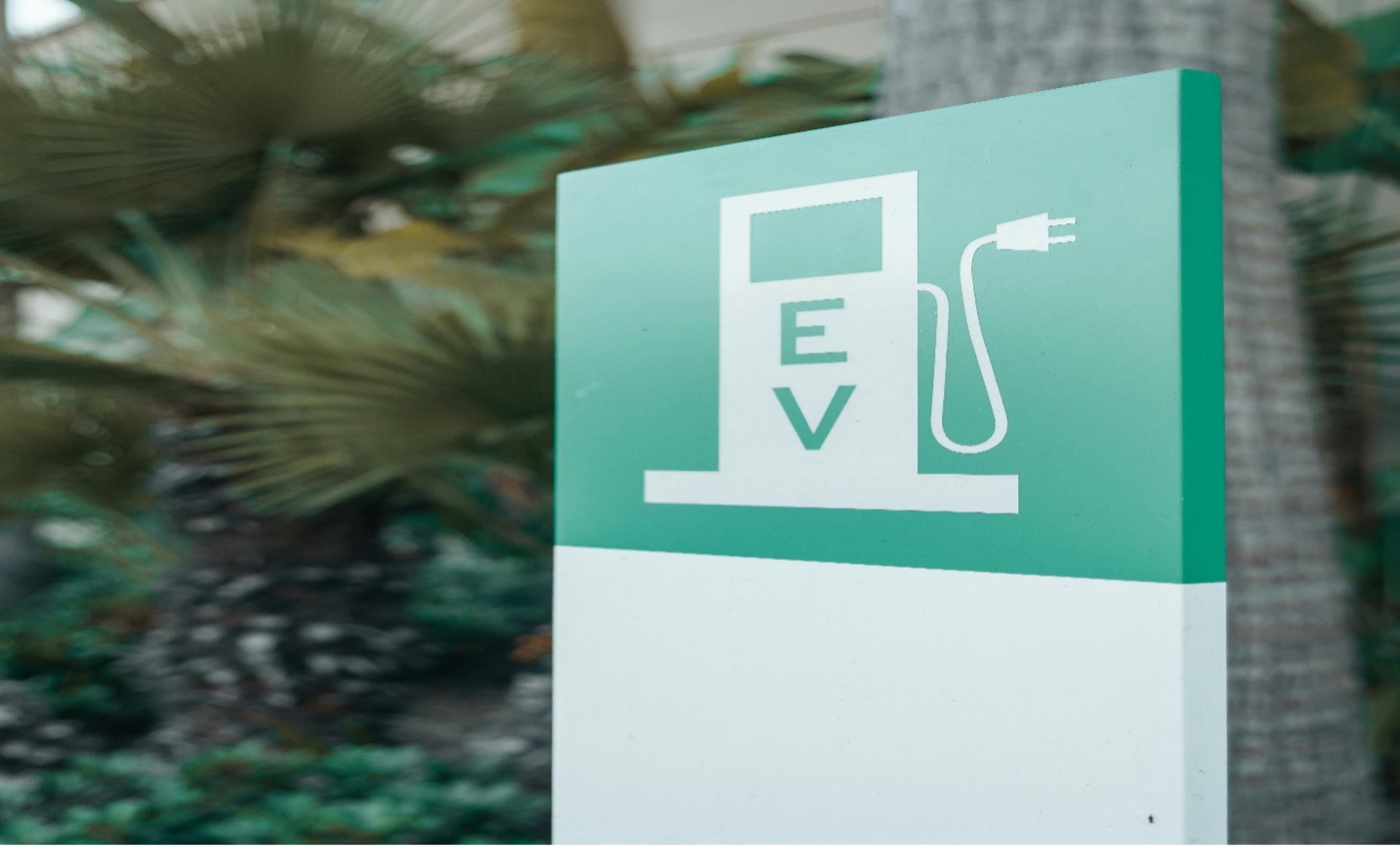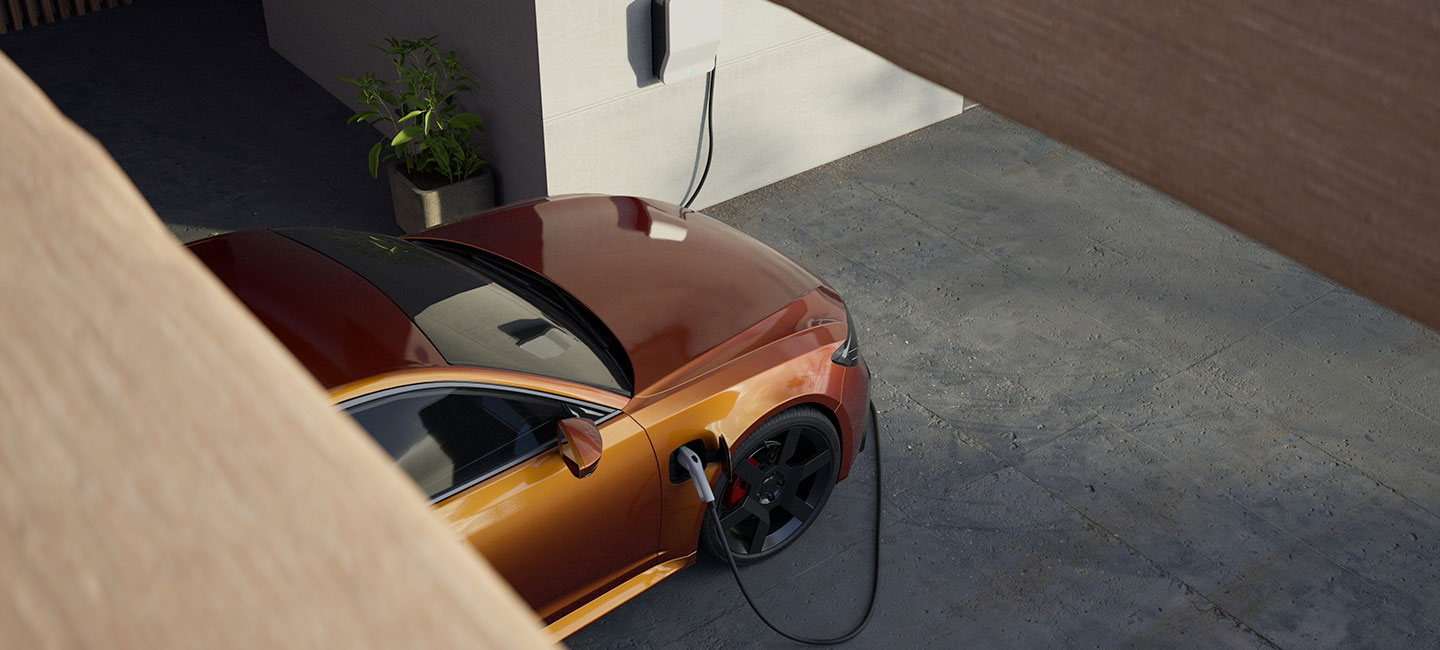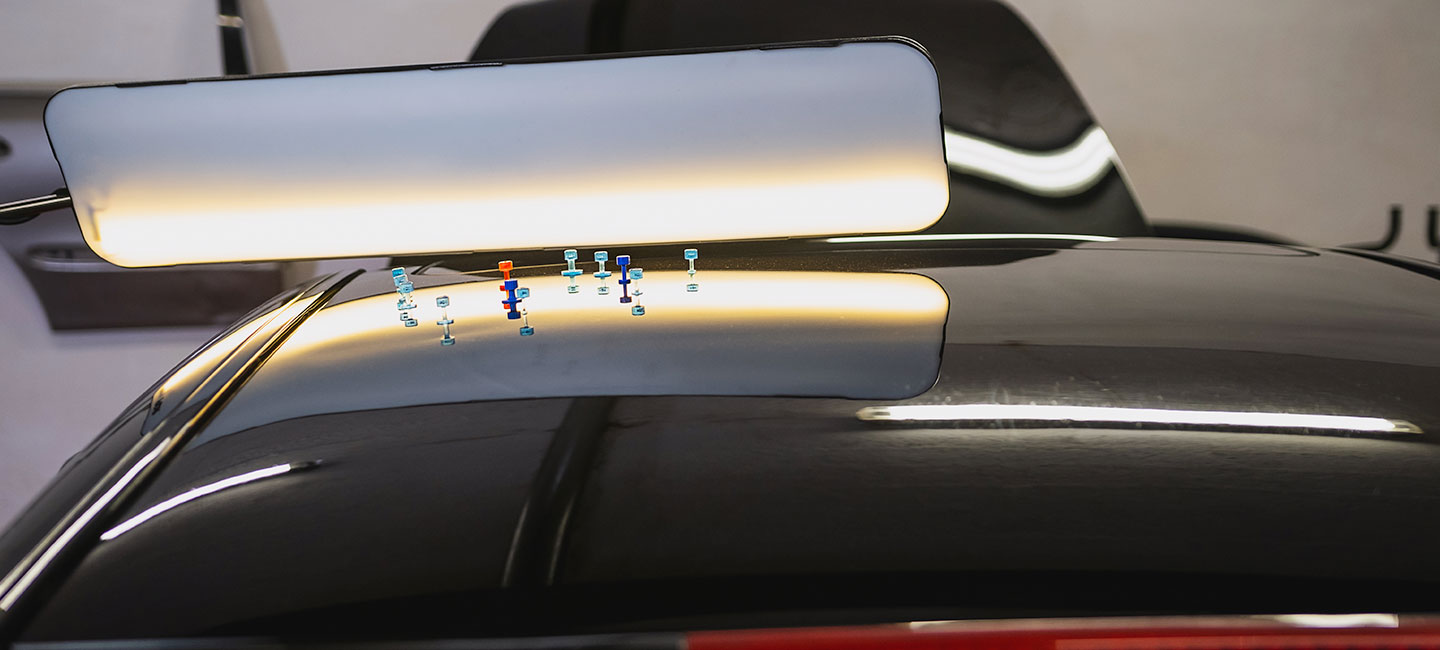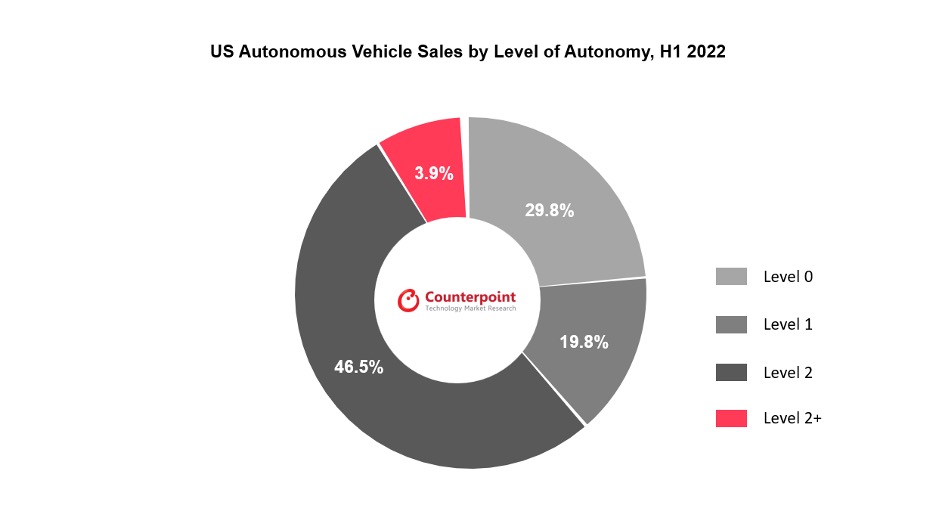Industry Veteran Darin Cline to Lead Operations as Company Continues Growth Trajectory
ATLANTA, Sept. 19, 2024 – Safe-Guard Products International, LLC, the leading provider of third-party private label protection products for the automotive, RV, marine, and powersports industries, today announced the appointment of Darin Cline as its new chief operating officer (COO). Cline, a former naval officer and an accomplished executive with more than two decades of experience in the financial services industries, will succeed Jardon Bouska, who has served the company for 10 years.
The transition marks a significant milestone for Safe-Guard as it continues to expand its market presence as an innovative Protection Products Platform. Cline brings a wealth of experience to the role, having previously held senior leadership positions at prominent organizations such as Capital One and Goldman Sachs and successfully worked with two start-ups. Cline has a strong background in setting strategic direction and leverages a data-driven approach to drive process improvements and scale operations in the auto finance sector. Still, his true strength and interest is in operational transformation.
Cline’s impressive background includes two master’s degrees and a distinguished career in the United States Navy. He served as a lieutenant and naval aviator from 1992 to 2001, where he was a shipboard helicopter pilot, squadron quality assurance officer, and NROTC instructor. He holds a Master of Business Administration from the University of Colorado (Denver) and a Master of Science in Systems Engineering from Southern Methodist University (Dallas).
“We are delighted to welcome Darin Cline to our executive team,” said David Pryor, Safe-Guard president and CEO. “His extensive background in strategic growth aligns perfectly with our vision for Safe-Guard’s future. Darin’s leadership will be instrumental as we continue to enhance our product offerings and customer experience.”
Cline’s leadership style emphasizes creating efficiencies, fostering synergy across departments, and helping Safe-Guard achieve its strategic goals through a data-driven approach.
“The opportunity to lead operations for an industry leader with such a strong reputation for innovation and customer service is truly exciting,” said Cline. “I look forward to working with the talented team at Safe-Guard to drive operational excellence and deliver even greater value to our clients and partners.”
This leadership transition is part of a planned succession strategy. Outgoing COO Jardon Bouska has played a pivotal role in Safe-Guard’s growth over the past decade, overseeing a period of significant expansion and technological advancement.
“We are deeply grateful for Jardon’s contributions to Safe-Guard. His leadership over the last decade has been instrumental in our success, and we wish him the very best in his retirement,” Pryor added.
As Safe-Guard Products International continues to evolve and adapt to changing market dynamics, Cline’s appointment is seen as a strategic move to maintain the company’s competitive edge and drive future growth. The transition is expected to be seamless, with Cline assuming his new responsibilities effective immediately.
###
About Safe-Guard Products International
Founded in 1992 and based in Atlanta, Safe-Guard Products International, LLC, is the leading provider of branded vehicle protection products in the finance and insurance space to the automotive, RV, marine, and motorcycle/powersports industries. Through its Protection Products Platform, Safe-Guard develops the highest-quality programs and matches them with unparalleled customer service and advanced technology solutions, which are fostered by superior sales and marketing support. Visit safe-guardproducts.com for more information.


